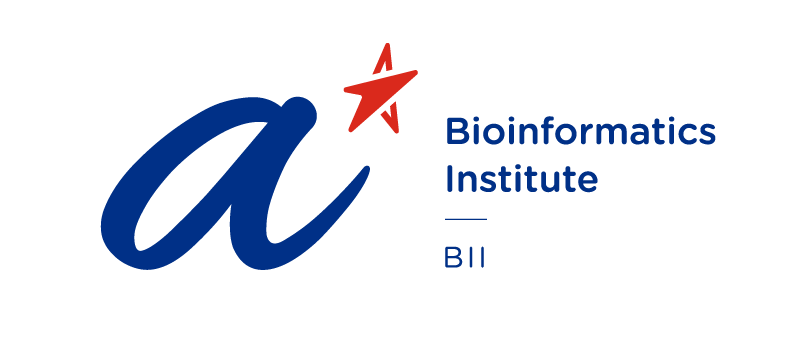Lye DC
Higher Delta variant-specific neutralizing antibodies prevented infection in close contacts vaccinated with ancestral mRNA vaccines during the SARS-CoV-2 Delta wave
COVID-19 vaccines have been essential in bringing the pandemic under control. They have shown to be highly efficacious against severe diseases
ReadHeterologous mRNA vaccine boosters induce a stronger and longer-lasting antibody response against Omicron XBB variant
The SARS-CoV-2 Omicron recombinant XBB subvariant was first detected in September 2022, and rapidly spread across South-East Asia, notably overtaking BA.5 to become the dominant variant in Singapore.
ReadResistance of SARS-CoV-2 Delta variant to neutralization by BNT162b2-elicited antibodies in Asians
SARS-CoV-2 was first detected in late December 2019, however, in the few months that followed, the resultant COVID-19 disease has developed into a devastating pandemic around the world [[1]]. This has led to a race to produce a safe and efficacious vaccine in record time.
ReadClinical and virological features of SARS-CoV-2 variants of concern: a retrospective cohort study comparing B.1.1.7 (Alpha), B.1.315 (Beta), and B.1.617.2 (Delta)
Background he impact of SARS-CoV-2 variants of concern (VOCs) on disease severity is unclear. In this retrospective study, we compared outcomes of patients infected with B.1.1.7, B.1.351, and B.1.617.2 with those with wild-type strains from early 2020.
ReadAssociation of SARS-CoV-2 clades with clinical, inflammatory and virologic outcomes: An observational study
Host determinants of severe coronavirus disease 2019 include advanced age, comorbidities and male sex. Virologic factors may also be important in determining clinical outcome and transmission rates, but limited patient-level data is available.
ReadHuman neutralising antibodies elicited by SARS-CoV-2 non-D614G variants offer cross-protection against the SARS-CoV-2 D614G variant
Objectives: The emergence of a SARS-CoV-2 variant with a point mutation in the spike (S) protein, D614G, has taken precedence over the original Wuhan isolate by May 2020. With an increased infection and transmission rate, it is imperative to determine whether antibodies induced against the D614 isolate may cross-neutralise against the G614 variant.
ReadEffects of a major deletion in the SARS-CoV-2 genome on the severity of infection and the inflammatory response: an observational cohort study
Severe acute respiratory syndrome coronavirus 2 (SARS-CoV-2) variants with a 382-nucleotide deletion (∆382) in the open reading frame 8 (ORF8) region of the genome have been detected in Singapore and other countries. We investigated the effect of this deletion on the clinical features of infection.
ReadDiscovery and Genomic Characterization of a 382-Nucleotide Deletion in ORF7b and ORF8 during the Early Evolution of SARS-CoV-2
To date, limited genetic changes in the severe acute respiratory syndrome coronavirus 2 (SARS-CoV-2) genome have been described. Here, we report a 382-nucleotide (nt) deletion in SARS-CoV-2 that truncates open reading frame 7b (ORF7b) and ORF8, removing the ORF8 transcription regulatory sequence (TRS) and eliminating ORF8 transcription.
Read